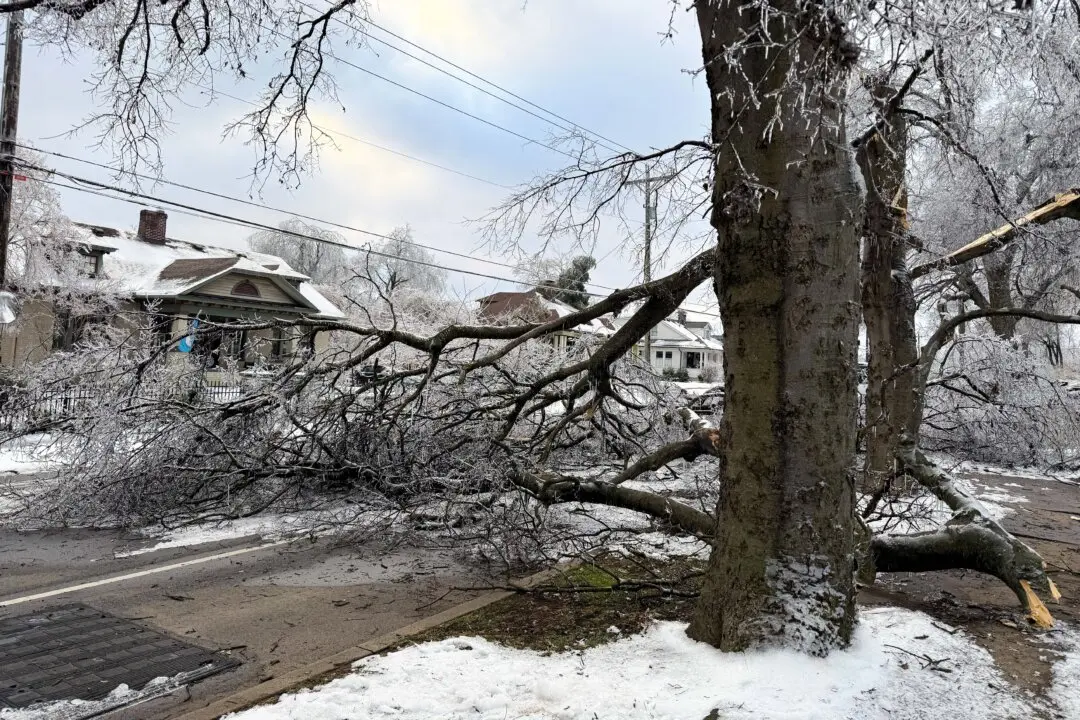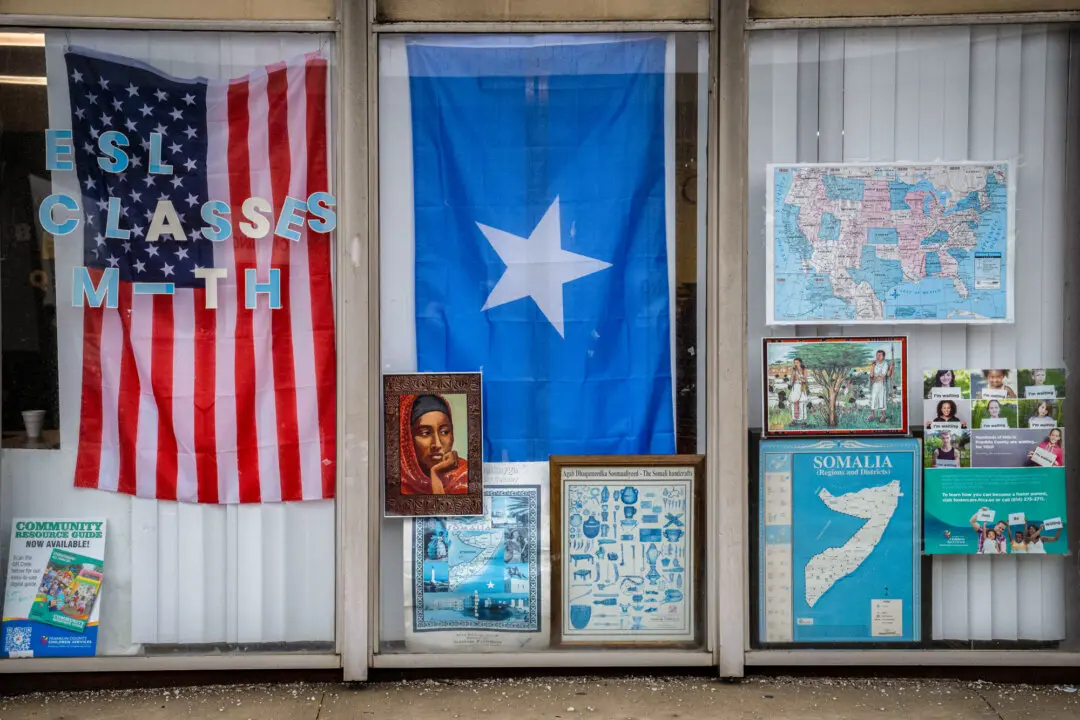President Donald Trump signed an executive order to withdraw from U.N. organizations including the Human Rights Council (UNHRC) as part of a government-wide pullback from a number of international organizations.
The Feb. 4 order also stopped U.S. funding of the U.N. Relief and Works Agency for the Near East (UNRWA) and stated that the United States will conduct a review of its membership in the U.N. Educational, Scientific, and Cultural Organization (UNESCO).





